The Xbox Series X was the perfect chance for Microsoft to sprint far away from its rocky Xbox One years and towards an age of true 4K gaming, ray tracing and Game Pass abundance. But it was not meant to be. The PlayStation 5 has outsold Microsoft's new consoles by two to one, according to a VGChartz sales comparison, a reprise of the war between the PS4 and Xbox One. Now, Microsoft just seems to be running out the clock on this console generation.
When I originally evaluated the Xbox Series X, I thought it to be a powerful platform that outperformed the PlayStation 5 in certain aspects. But it was evident that Microsoft had a huge problem at launch: Games. Four years later, not much has changed, despite spending roughly $69 billion for Activision Blizzard. While Sony and Nintendo routinely provided exclusive system-selling titles — even on the aged Switch! — Microsoft has struggled.
Should You Buy An Xbox Series X?
Normally, I'd handle the subject of buying a gadget towards the conclusion of a review, but this is a re-review so it's worth asking up front: Who is the Xbox Series X for? It's been there for four years, yet, other from the $450 version without a disc drive, there haven't been any substantial hardware modifications. Beyond the Xbox loyal, I'd think most gamers would be better suited spending $500 into anything else.
For someone dipping their toes into current console gaming for the first time — a parent grabbing something for their kid, or a former gamer attempting to rediscover their pastime — it makes more sense to opt for a PlayStation 5 instead of the Xbox Series X. Sony's system features a bigger choice of noteworthy exclusives, more creative haptics with its DualSense controller and its digital edition is often cheaper than the disc-less Series X.
Of course, if you're a Halo lover the Xbox Series X is pretty much your only choice for a premium console (though the $300 Series S is a decent alternative for secondary TVs, especially when it's on sale). Microsoft also offered a special $600 2TB "Galaxy Black" model this year, although I'm still half-convinced that's some sort of weird Tim Robinson-esque joke. It has to be when the more powerful and desired PlayStation 5 Pro is only $100 extra, right?
Hardware: The Apex Of 2020
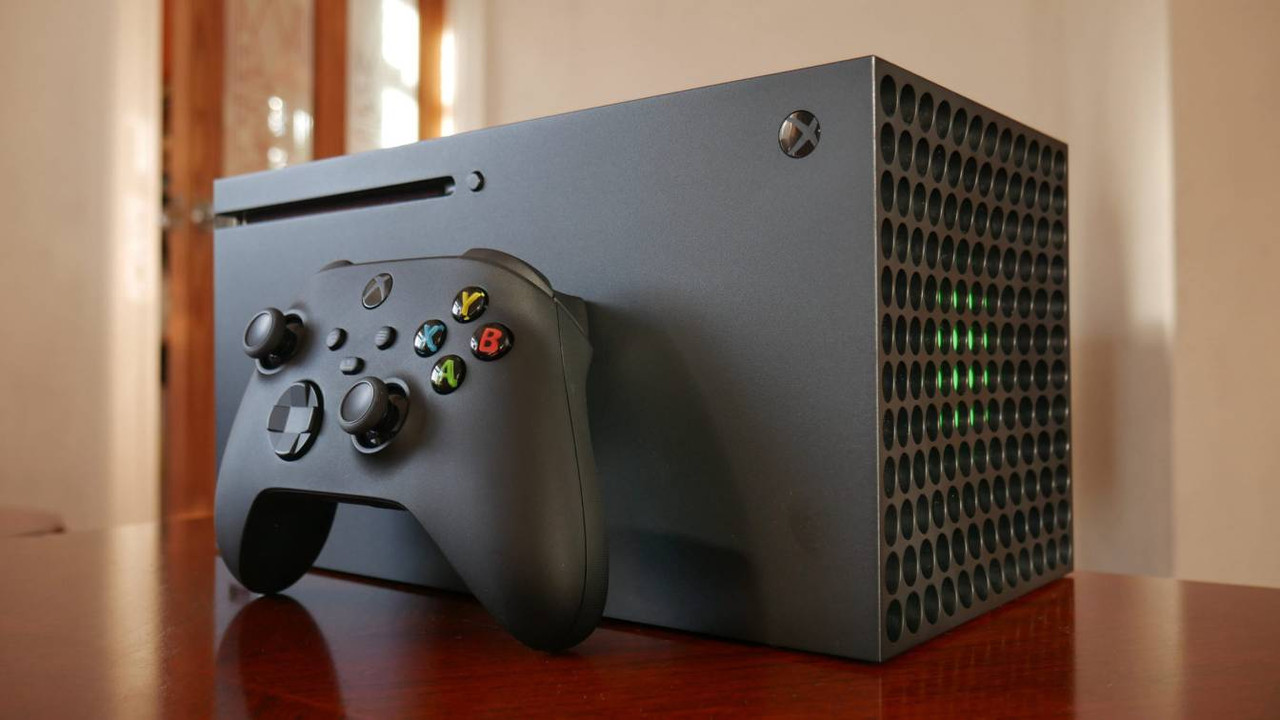
The Xbox Series X is still powered by an 8-core AMD Zen 2 CPU and an RDNA 2 GPU, comparable to what's inside the PlayStation 5. It also contains 16GB of GDDR6 RAM, 10GB of which runs at a greater bandwidth than the PS5's memory. The Series X's bigger GPU gave it a modest lead over Sony's system early on, but in practice that didn't amount to much. Occasionally certain third-party titles would run a bit more smoothly on the Xbox, but both systems still had problems matching the demands of visual fidelity and performance.
Instead of being the generation of no-compromise consoles, the Xbox Series X and PS5 regularly obliged gamers to choose between playing games with ray tracing and graphical enhancements at 30fps, or forgoing them to obtain a smooth PC-like 60fps. That's the major reason Sony shoved a more powerful GPU into the PlayStation 5 Pro - the basic PS5 hardware just couldn't cut it.
The Xbox sales collapse made it plain why Microsoft didn't try to compete with its own mid-cycle update, but it's still depressing to watch the corporation shy away from any form of innovation, like the rumored hardware that never materialized. The new 2TB all-digital "Brooklin" Series X would have been a good replacement for the base model. It also would have had a new controller, codenamed "Sebile," with enhanced haptics (presumably comparable to Sony's DualSense) and a direct cloud connection for playing streaming games. Microsoft has raised the notion of delivering 1TB of storage to the $300 Series S.
Instead of those functional advancements, though, we got a somewhat cheaper all-digital $450 Series X, that pricey 2TB model nobody would purchase and a $350 1TB version of the Series S. Those prices are all at least $50 too high if Microsoft actually intended to move consoles. I'd say the firm would benefit from going further cheaper to beat Sony, but it would also dig into the company's already small profit margin. I'm sure Microsoft isn't keen to lose additional money on Xbox.
In Use: A Nice Enough Console
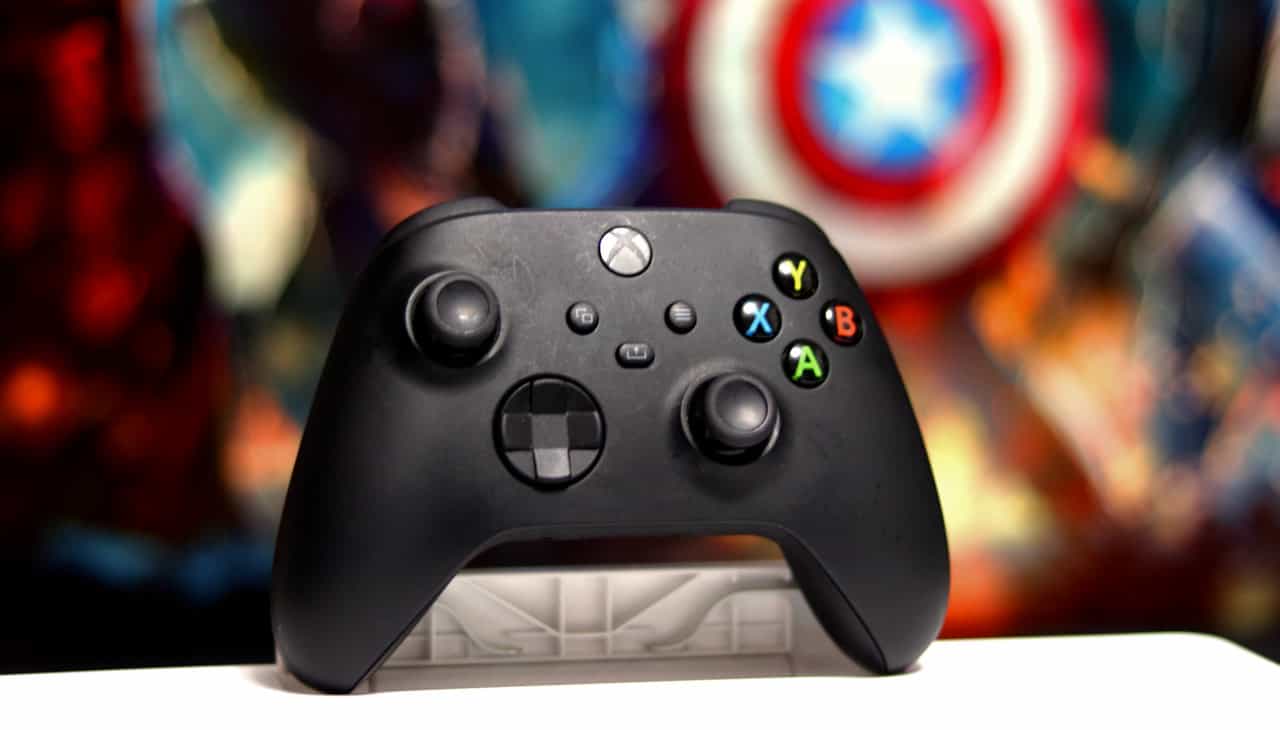
Even with its ancient technology, the Xbox Series X can still make newer games look beautiful. Indiana Jones and the Great Circle, for example, looks good on the Series X, with smooth 60fps gameplay and ray tracing capabilities. While it's operating at roughly 1800p instead of 4K, it's still quite sharp on both my 4K OLED and 4K Formovie super short throw projector. Sure, the game works substantially better on my RTX 4090-powered PC, but I can't comfortably play it in my home theater. (According to Digital Foundry, even the Xbox Series S can run The Great Circle at 60fps, but at just 1080p with variable-rate shading.)
It's still sad that Microsoft stayed with their traditional Xbox controller design for the Series X, though. When I evaluated the PlayStation 5, its DualSense haptics seemed transformational. It made playing Astro Bot or Returnal feel unlike any console game experience I had experienced. Controller-wise, playing anything on the Xbox Series X doesn't seem much different from the Xbox One or even the Xbox 360.
Read Also: Review of the Pixel Watch 3
Where are the unique games?
After striking out with lackluster exclusives like Redfall and Starfield, the new Indiana Jones game is a rare feather in Microsoft's dusty hat. But even that edge will fade soon – the business already intends to release it to the PlayStation 5 next spring, among with former Xbox exclusives like Hi-Fi Rush and Sea of Thieves.
Given the sheer quantity of development skill at Microsoft from its many acquisitions (and despite an enormous number of layoffs), the business has now become one of the most significant publishers in the gaming world. But possessing a popular multi-platform title like Call of Duty hasn't translated immediately into Xbox sales.
Beyond exclusives, Microsoft's Game Pass membership is the biggest incentive for purchasing an Xbox. But even it has gone through its own type of enshittification this year. The business boosted the monthly price of the "Ultimate" plan to $20, which includes day-one access to new releases and a big catalog of games for Xbox and PC. The new $15 a month "Standard" plan doesn't include day-one access, but does feature a library of hundreds of games, while the $10 a month "Core" option gives a restricted library of 25 titles plus multiplayer capability.
Where does Microsoft go next?
It's not as if Microsoft has an empty gaming plate ahead. The firm showed off a piece of its Perfect Dark and Fable reboots this summer, including a preview of a new Gears of War. We recently seen a teaser for The Outer Worlds 2 at The Game Awards, the Dishonored fan in me is psyched about Arkane Lyon's Blade, and I'm interested to hear more about Hideo Kojima's OD. But all of those games will presumably be accessible on Windows PCs, and many will probably move to other consoles.
There's no doubt 2025 is going to be a busy year for Xbox - it's just a bad that it likely won't help Microsoft catch up to the PS5's sales lead. But who cares, right? Everything can be an Xbox if you believe hard enough (or have a browser to enable Game Pass cloud streaming).
Back in February, when Microsoft stated it would be releasing Xbox titles to rival systems, Engadget Executive Editor Aaron Souppouris suggested that the company should abandon the console market completely. While it makes a certain amount of sense for Microsoft, a software business that has long struggled with hardware outside of the Xbox 360 (and even that had its flaws), I'm not persuaded the company has to go that far.
Wrap Up
If you already have an Xbox Series X, or find one obscenely cheap elsewhere, it’s still a good method to play Microsoft’s titles, popular third-party games and anything Microsoft has accessible on Game Pass. But if you had to pick between buying the Series X or PlayStation 5, it’s hard to dispute that Sony’s console is a better decision.
Perhaps the next console generation might be an Xbox 360-esque resurrection for Microsoft, but the firm has to look closely at what Sony and Nintendo are doing properly. And essentially, it simply boils down to having more games people want to play. Now that it’s flush with so many renowned coders, Microsoft may finally be able to tackle that problem. There’s little question that continuing in the console industry would be hazardous and expensive, but if there’s one firm that can justify keeping around, it’s the one making money from the cloud.

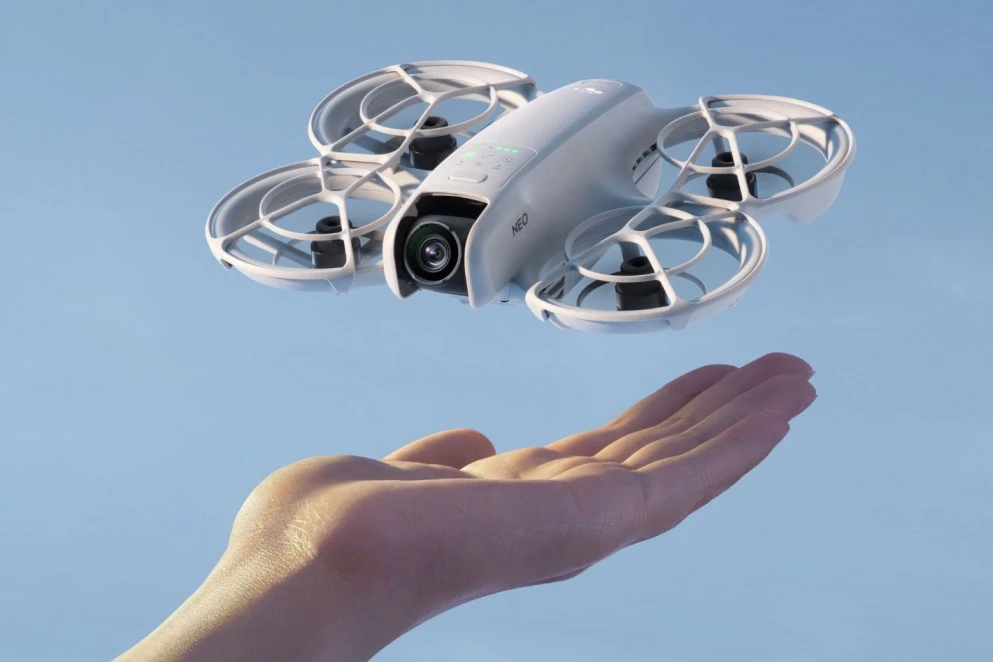
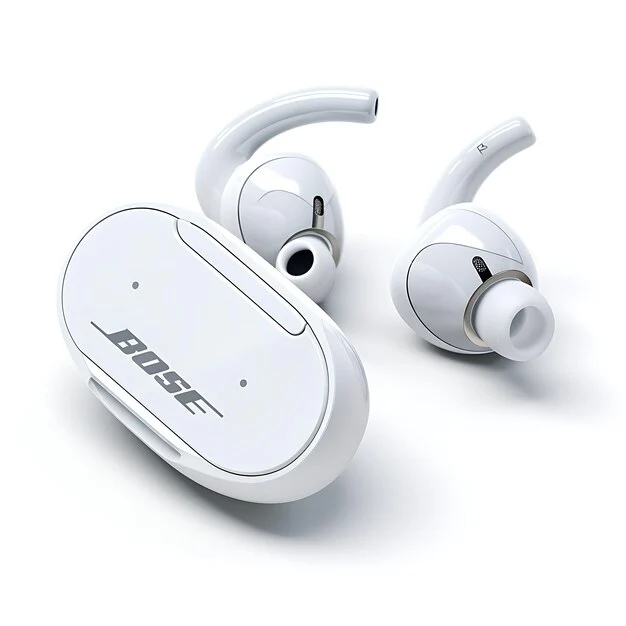
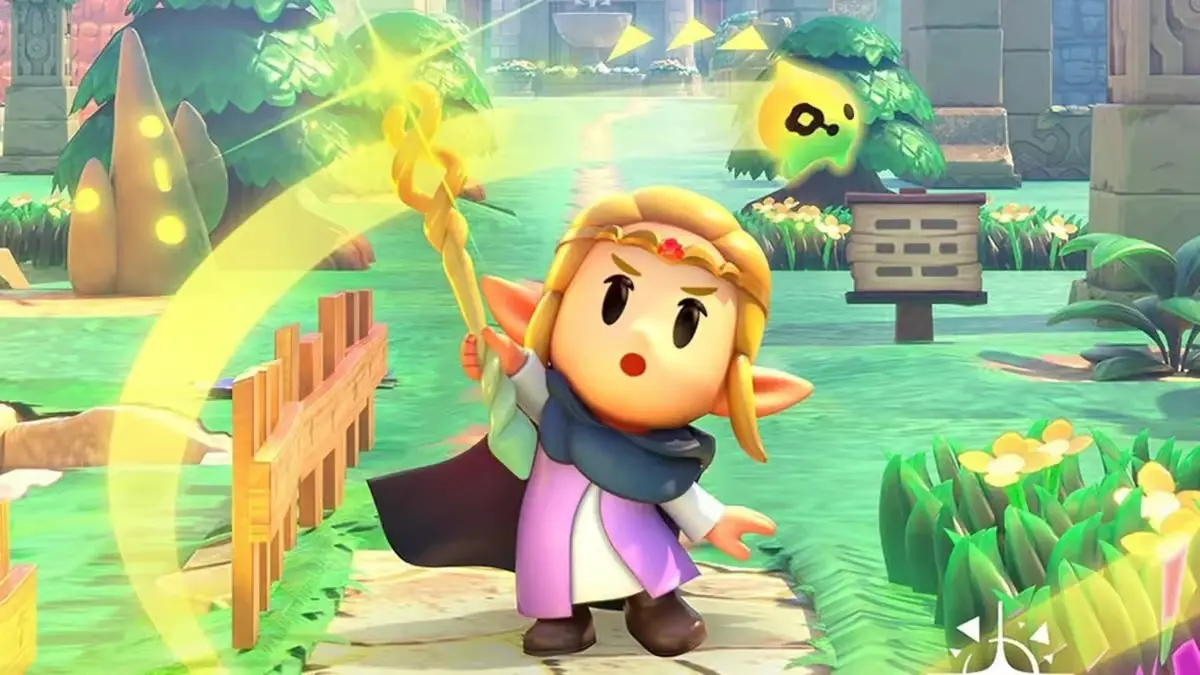
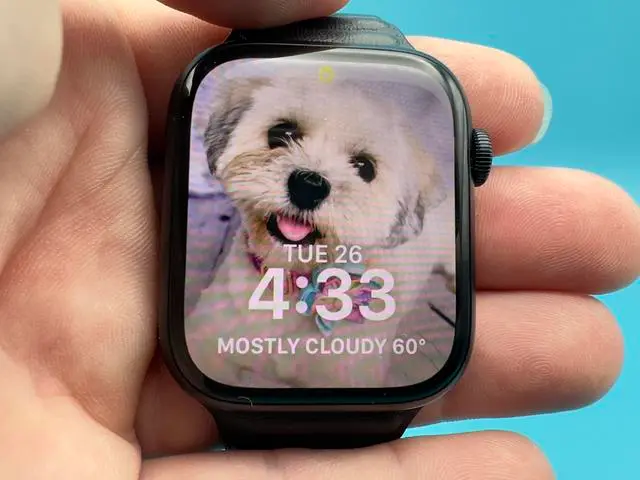
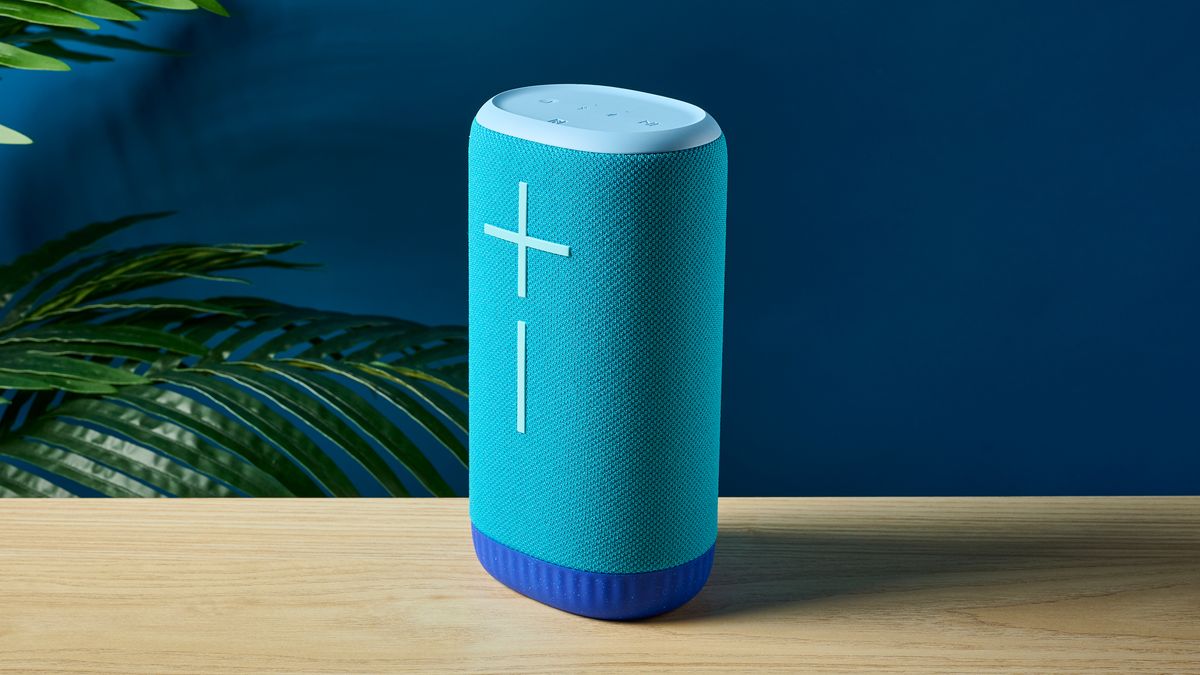
.webp)